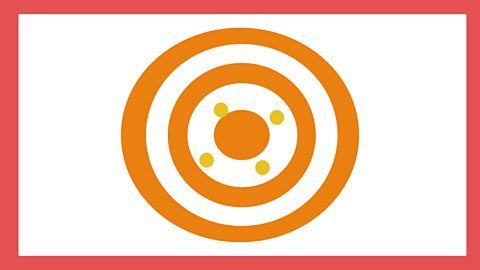Watch: How do scientists present their findings?
Learn how to analyse data and make conclusions.
Molly: Hmmm…acorns have been falling in the morning, but then disappearing by the evening, the squirrels must be taking them.
Narrator: This table shows the acorns you’ve tracked over the past week and this chart shows there have been lots of squirrels around.
But if we analyse that data, other animals have been spotted too!
That brings us to our big conclusion…it’s not just squirrels that are taking the acorns.
What do scientist do with their findings?
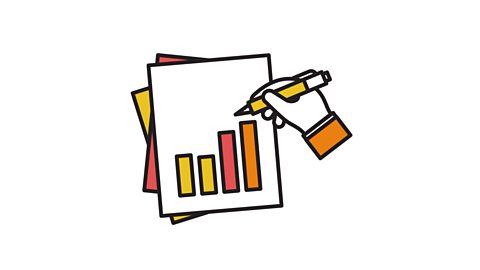
Experiments allow scientists to collect results in the form of data. These can be observations in words, images in photos or drawings, or more commonly numbers (like times or distances).
These results are then presented in a table, chart or graph to make the information easier to understand and then interpretTo explain the results of a scientific test or experiment..
After interpreting results, scientists can then see if their predictionUsing your understanding to say what you think will happen in an experiment. were correct. They can then write a summary called a conclusionA summary statement which links the results from a scientific test or experiment to its interpretations..
Next comes an evaluation, which is a list of the good things from the experiment and the ways in which it could be improved next time. Further investigations might need to be carried out.
Watch this clip to learn about how scientists use their findings.

Activity 1: Fill in the gaps
Let's see if you can write about hot to use findings by trying this gap fill activity.
Activity 2: Quiz
Test your knowledge with this quiz.
Activity 3: Create a leaflet
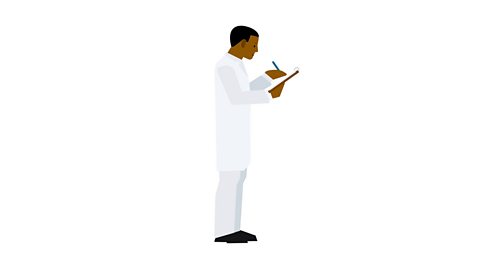
Think about all the different ways you could record your findings when carrying out a scientific investigation.
Create a fact file or leaflet explaining to others the different ways you could record your findings. Try to include a diagram and an explanation for each one.

Activity 4: Melting ice cubes experiment

Imagine you are going to carry out an experiment to see where in your house an ice cube melts fastest.
Remember :
- To identify your key question.
- How will you make sure your experiment is a fair test?
- Before you start, don’t forget to write a prediction.
- Do the experiment and collect your results.
- How will you present and interpret them?
- Finally, evaluate your experiment.
If you decide to do this activity, don’t forget to ask a responsible adult to help you.

Bitesize Primary games. gameBitesize Primary games
Play fun and educational primary games in science, maths, English, history, geography, art, computing and modern languages.

More on Working scientifically
Find out more by working through a topic
- count8 of 11
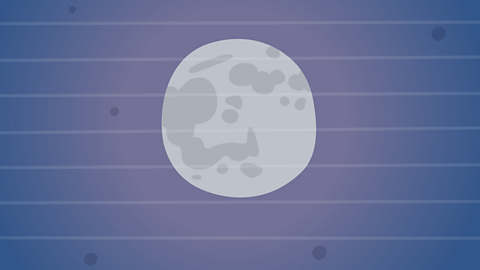
- count9 of 11
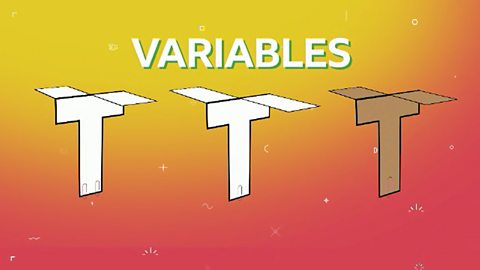
- count10 of 11
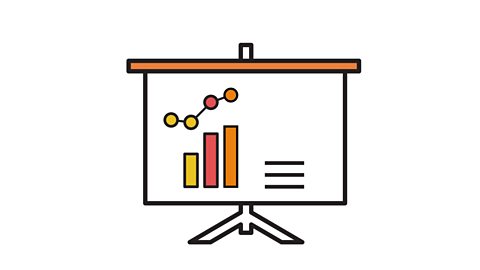
- count11 of 11
